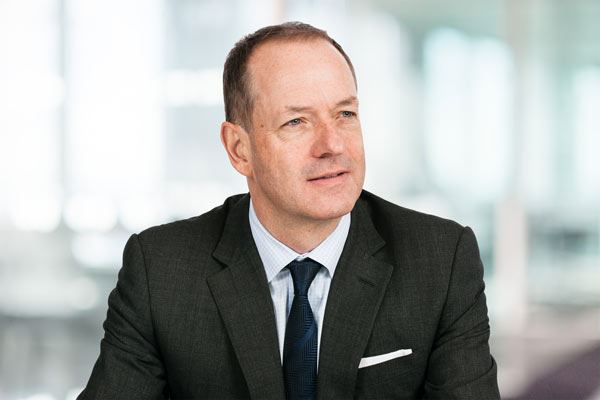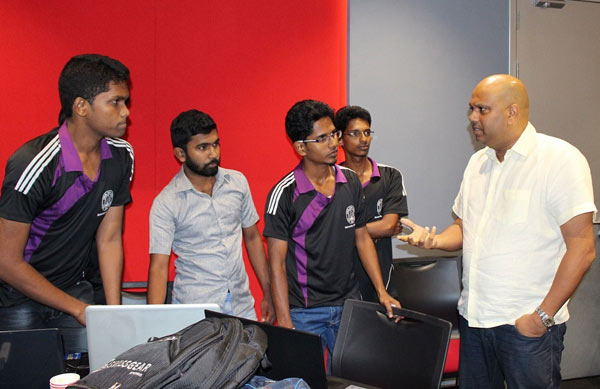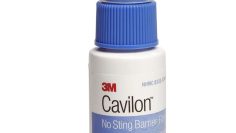
GSK announces steps to widen access to medicines in world’s poorest countries
Some of the poorest countries in the world will benefit from quicker access to new medicines under a series of steps announced by GlaxoSmithKline (GSK), one of the world’s largest producers of pharmaceuticals and vaccines.
The steps outlined by GSK CEO Sir Andrew Witty ahead of the meeting of the UN High Level Panel on Access to Medicines, commits the company to help bring innovative GSK medicines to more people living in Least Developed Countries (LDCs), Low Income Countries (LICs), Lower Middle Income Countries (LMICs) and developing countries.
One of these steps is a graduated approach to filing and enforcing patents so that Intellectual Property (IP) protection reflects a country’s economic maturity. For Least Developed Countries and Low Income Countries, GSK will not file patents for its medicines, so as to give clarity and confidence to generic companies seeking to manufacture and supply generic versions of GSK medicines in those countries.
For Lower Middle Income Countries generally, GSK will file for patents but will seek to offer and agree licences to allow supplies of generic versions of its medicines for 10 years. GSK intends to seek a small royalty on sales in those countries. This offer will apply even for those countries that move out of LMIC status due to increased economic growth during this period.
Any GSK medicines on the WHO’s list of essential medicines will be included in these changes.
Additionally, GSK has outlined its intent to commit its future portfolio of cancer treatments to patent pooling and will explore the concept with the Medicines Patent Pool (MPP) to help address the increasing burden of cancer in developing countries. GSK would be the first company to take this step. Since it was established in 2010, the MPP has been successful in accelerating access to HIV, TB and hepatitis C medicines in Low Income and Middle Income Countries through voluntary licensing arrangements.
Expanding this approach to oncology would enable generic versions of GSK’s next generation immuno-oncology and epigenetic therapies, currently in clinical development, to be made available in LDCs, LICs and certain middle income countries, if and when they receive regulatory approval.
GSK will also work towards making information about its current and future patent portfolio freely available.
Commenting on these steps, Sir Andrew Witty said: “Intellectual property protection is a vital part of healthcare innovation, providing necessary incentives for investment in research to create new treatments which can help people around the world. In itself, IP is not a barrier to access to medicines. However, we recognise that the global healthcare challenge requires us to be flexible in our approach and responsive to different needs, particularly as the disease burden shifts from infectious to non-communicable diseases. We continuously look at ways that GSK can further contribute to increasing access to medicines.”
GSK has a deep commitment to improving healthcare by developing innovative new medicines and widening access to them around the world. Over the past eight years, the company has taken steps in a number of areas including tiered pricing, healthcare infrastructure building, data-sharing and innovative partnerships.
GSK recognises that improving access around the world requires a flexible and multi-faceted approach to intellectual property (IP) protection. While IP stimulates and underpins continued investment in research and development, GSK believes being flexible with its IP can help address pressing health challenges in developing countries.
The UN High Level Panel on Access to Medicines, convened by UN Secretary-General Ban Ki-moon, brings together experts from the across the healthcare industry, public health, human rights and legal sectors to consider a broad range of approaches to promote innovation and access to healthcare around the world.
GSK and its predecessors have been doing business in Sri Lanka since the late 1930s. One of the world’s leading research-based pharmaceutical, consumer health and vaccines companies, GSK was the first and is the only multinational company to manufacture pharmaceuticals in Sri Lanka.




